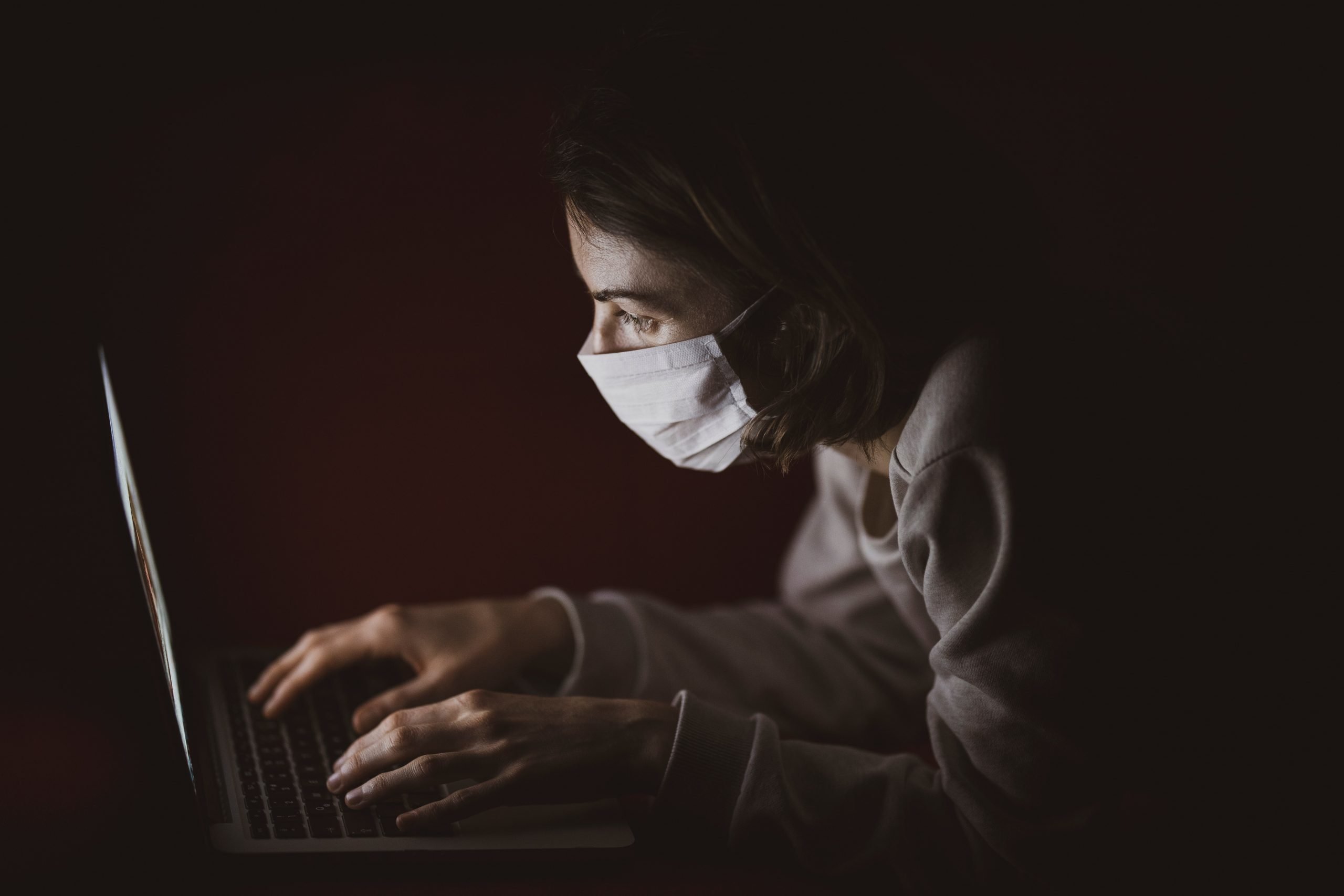5 Signs that your Computer has been infected by a Virus

Computer viruses and other types of malware are the bane of our existence in the internet age. Hardly a week passes without a story in the news about attacks in one place or the other. There are many types of malicious software. Viruses are but one of them. Most people try to protect themselves using antiviruses. However, in spite of this, computers continue to be infected on a daily basis. But what are the most common signs of infection by a virus in a computer? Read on to find out.
What is a computer virus?
A computer virus is a type of software that’s designed to self replicate by attaching itself to other programs and modifying them in way that is designed to cause harm. These viruses spread from one computer to the other through infected programs.
Ways of detecting infection by computer virus
The following are some of the most common symptoms of infection by viruses in computers;
1. Slower than normal start-up times
Does your computer suddenly take longer than normal to boot up? If yes, then that could be a sign of a virus infection. Viruses take up resources that would otherwise have been used by normal programs on a computer. This causes them to slow down, particularly at start-up.
We need to point out, however, that there could be other causes for longer boot-up times on a PC. Perhaps there are too many programs running on start-up. You can disable them in Task Manger. Or maybe your computer does not have enough RAM.
2. Your computer suddenly slows down
This is another common symptom of infection by viruses in computers. If you notice a sudden and sustained degradation in performance on your PC, then that could be a sign that you have been hit by a virus.
Note, however, that computers can slow down for other reasons. Perhaps you don’t have enough RAM, as already noted. Or you may be running resources intensive programs such as games. Computer programs are becoming more and more complex. If your PC is not up to the task of running them, then it may slow down considerably.
3. Your hard drive is always active
If you notice that your computer’s hard drive is always engaged, then that could be another sign of an infection by a virus. Most computers have drive lights. These flash whenever data is being written to the hard drive.
However, if you are not really doing anything on the computer, there is no need for the hard drive to be continuously in use. The point here is that you know how your computer performs. If you see a sudden departure from the norm, with the hard drive appearing to be always in use, then you should check to see if your PC has not been infected by a computer virus.
4. Your computer has become unusable
In extreme cases, virus can render a computer unusable. We have already noted that some computers slow down when attacked by malware. The slowing down can be to such an extent that you will no longer be able to access your files on the PC. Or, perhaps it’s only one program that’s no longer accessible. Or a program may have been modified in some way as to make in unusable.
5. Your computer now constantly crashes
A crash is when a computer suddenly switches itself off while you are in the middle of something. That’s another common sign of infection by computer viruses. In some instances, this manifests itself as the dreaded blue screen of death. Should that happen, then it could be a sign that your computer has been infected by a virus.
What can you do to recover from a computer virus attack?
As noted, computers get attacked by viruses on a daily basis. But what can you do to recover? Well, there are several remedies to virus attacks in computers;
Prevent attacks before they occur
The first is probably not a remedy. It’s a preventive measure. You need to make sure that your computer does not get infected in the first place. But how do you do so? Well, you can protect your computer using an antivirus. There are several of these on the market today.
If you do not wish to pay for an antivirus, you can use Microsoft Defender Antivirus, which comes installed on every computer. Most people worry that this does not provide enough protection. But that couldn’t be further from the truth. Microsoft Defender Antivirus is more than enough to protect any computer.
Run an antivirus to remove malware
In the unfortunate event that your computer has been infected, you may want to run an antivirus to remove the infection. If you are lucky, the infection will not be severe and you will be able to recover all your files. However, in many instances, you are going to end up losing some of your work. That’s why it’s important to always have backups.
Always keep Windows updated
Neglecting to keep your computer updated is another reason why you could end up getting a virus infection. Microsoft is constantly developing its Windows software, including by plugging security holes.
Therefore, you need to make sure that you are getting all the updates, since they are instrumental in protecting your computer. Please note that some people encounter problems while updating their computers. In that case, you may wish to check out the feature update to Windows 10 failed to install solution.
Reinstall Windows
This is the final remedy when a computer gets a virus infection. In some instances, the damage may be too severe to recover from. Should that be the case, then you may be better off formatting your computer. Reinstalling Windows means that everything that’s on your computer will be lost. Again, that points to the necessity of always keeping backups, particularly of your important data.
Photo by engin akyurt on Unsplash





